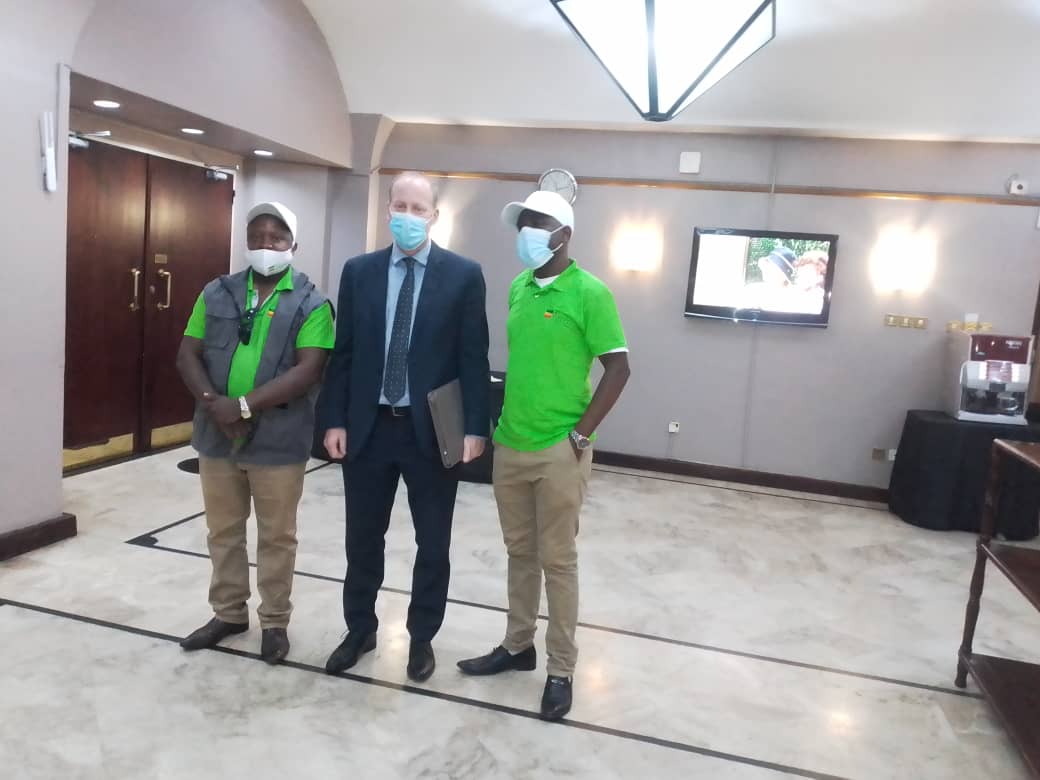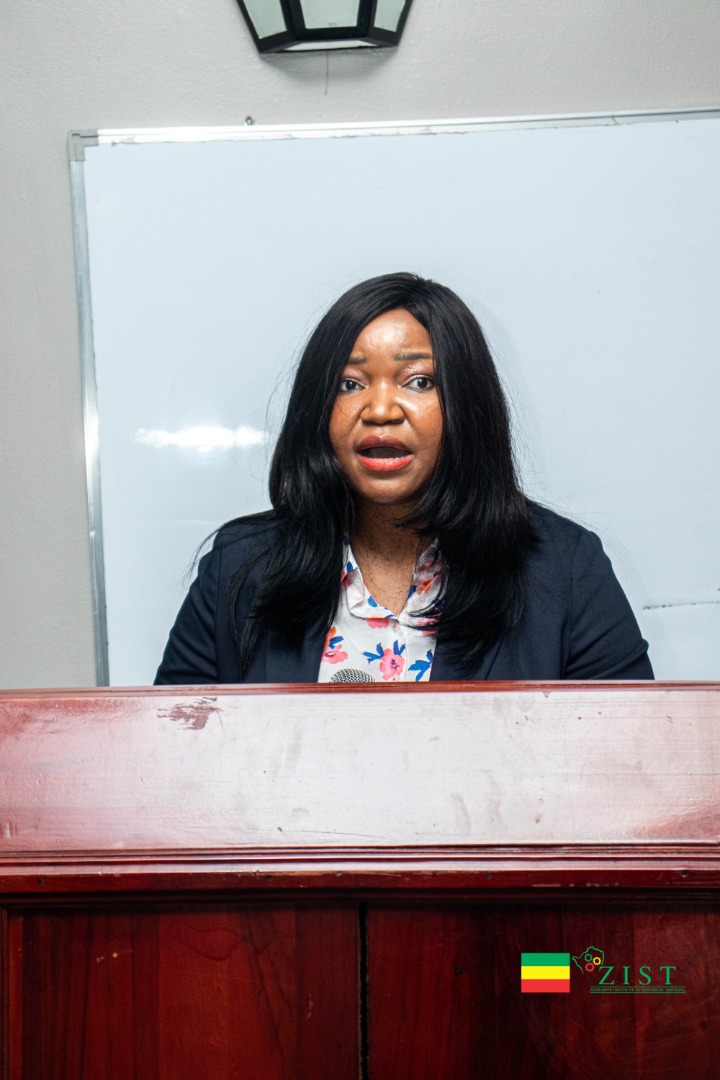|
Getting your Trinity Audio player ready…
|
As the country continues to face a multiplicity of challenges, experts who addressed the Zimbabwe Institute of Strategic Thinking (ZIST) conference in Harare today are of the view that a new focus must be a paradigm for thinking about a future in which environmental, social, and economic considerations are balanced in the pursuit of development and improved quality of life.
Irene Manyara Muyenziwa, the keynote speaker at the conference who is no stranger to sustainable development issues by virtue of her being the Chief Executive Officer of Rhodsac Community, said development such as human wellbeing, human resources development, social development, sustainable development, inclusive development, development with a human face, and the international impact on development paradigms are important for the new breed of leaders globally.
“My thinking is premised on opening the country for business. We should modernise, industrialize and promote investment, with the ultimate goal of attaining broad-based economic empowerment, inclusive economic growth, and employment creation. The country’s economic recovery will, therefore, be underpinned by structural transformation towards industrialisation, which is critical for sustained economic growth and development are driven by value addition, beneficiation, commercialization, and trade. These initiatives and interventions are centred on developing linkages across key sectors of the economy namely: agriculture, mining, manufacturing, and services will set the economy on a sustained growth trajectory,” Muyenziwa said.
.
She said the country has to adopt a global value chain approach and therefore participate in regional and global supply chains as it endeavours to attain industrialisation objectives.
Muyenziwa said the priorities for this country must include, improving the business operating environment, the mobilisation of funding for technology transfer, international trade, and commerce, industrial development, support for the agricultural and mining sectors, enhancement of research and development, skills transfer as well as infrastructure development.
She alluded to the COVID-19 pandemic. In 2020, gross domestic product (GDP) is estimated to have contracted by 8% for the second year in a row as COVID-19 halted economic recovery. Operating restrictions led to depressed manufacturing, non-mineral exports, and hospitality, trade, and transport sectors. Sales of manufacturing and services firms in July 2020 were about half sales in 2019. Supply-side shocks subsided after the easing of mobility restrictions, but domestic demand was weak in an environment of triple-digit inflation, high unemployment, and income losses. Demand for imports increased as several years of drought necessitated increased imports of maize and electricity while the pandemic presented new demands for lab equipment and medical supplies. The current account was in surplus, due to high remittances inflows and trade surplus.
Muyenziwa said COVID-19 has negatively affected the economic livelihoods of citizens through the indiscriminate rise in the prices of basic commodities. In a bid to curb the spread of the virus, the government destroyed the vending stalls (economic livelihoods) of many families who survived out of the informal sector. Informal sector participants were in double jeopardy by virtue of being stigmatized and excluded from the mainstream and critical sectors of the economy on which they relied. The pandemic also affected the social lives of the people across the country, including disrupting the custom and religious practices, family relations, stigma, and discrimination that has been experienced by many people who tested positive to COVID-19.
Her sentiments were shared by Dr. Nigel Chanakira, a seasoned banker and economist who averred that Zimbabwe is centrally located and well-positioned as a gateway to access major regional markets.
“Zimbabwe is a gateway to regional major markets like the Common Market for Eastern and Southern Africa (COMESA), the Southern African Development Community (SADC, and more recently, the African Continental Free Trade Area (AfCFTA).
“The country should take advantage of its diversified natural resources, high literacy rate, a friendly, productive and hard-working citizenry and peace-loving people to work together to develop as a nation,” Dr. Chanakira said.
He urged the political leadership to engender predictability and stability in order to attract foreign direct investment.
“Zimbabwe’s investment environment has been volatile, unpredictable, complex, and ambiguous. This country has the potential to attract investment of over US$50 billion in a space of five years. Compared to our neighboring country, Mozambique, we are only earning between US$200 million and US$1, 2 billion per annum yet Mozambique earns US$7 billion per annum,” D. Chanakira said.
Ben Manyenyeni, the former Mayor of Harare rallied on Zimbabweans to have a collective approach to tackling a myriad of challenges that the country is facing and underscored the need to strengthen local government systems in order to stimulate development from the grassroots.
Janet Zhou, the Director of the Zimbabwe Coalition on Debt and Development said there is a need to define economic growth by incorporating aspects of human development and nation-building.
Tinashe Eric Muzamhindo, the ZIST Country Director, brought together delegates from diverse backgrounds as a gesture of the importance of promoting unity in the country.

“ZIST is working flat out to unite all Zimbabweans to work towards the development of this country. In our midst, we have representatives from the government, industry, academia, diplomatic community, religion, politics, and the development community. We have a deputy minister of transport, Mr. Mike Madiro, and the deputy minister of information, Mr. Kindness Paradza. There are also representatives of opposition parties from the MDC led by Nelson Chamisa and the other MDC led by Douglas Mwonzora among others. Our message is simple. We are one Zimbabwe and let’s discuss and implement strategies to make our country prosperous,” Muzamhindo said.
